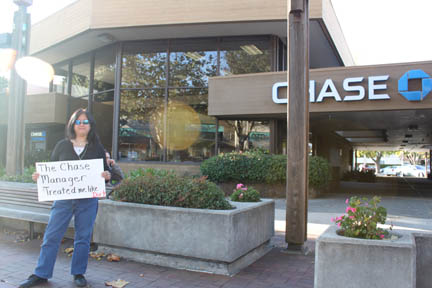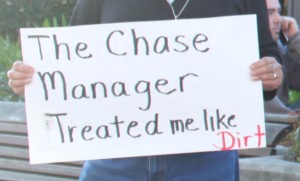Banks desire to reduce documentation fees created a huge liability
Banks thought they were being smart when the got together and formed MERS, a system to record mortgage transactions so banks could avoid paying the county recording fees. But the system is blowing up in their faces in a number of ways.
The first problem is that the information in the MERS system appears in many cases to be grossly incomplete, making it hard or impossible to prove the chain of title on mortgages. This problem is made worse by the fact that many of the original documents were lost or intentionally destroyed. This has spurred investors who bought soured mortgages to sue the banks claiming the mortgages were never properly transferred to them.
The next problem is that some judges and jurisdictions are refusing to accept registration in the MERS system as adequate proof of the title on a mortgage. And with many of the original documents gone, it may prove impossible for banks either as mortgage holders or servicers to prove they have the right to foreclose.
The latest headache that has come to light is that states and counties may decide to sue banks to recover the lost filing fees. Some laws on the books in some states dictate pretty stiff penalties for failure to pay the required fees when the ownership of a mortgage is transferred. For banks not to have realized this liability seems an awfully large oversight and some are claiming that damages and penalties could run into the many tens or hundreds of billions.



